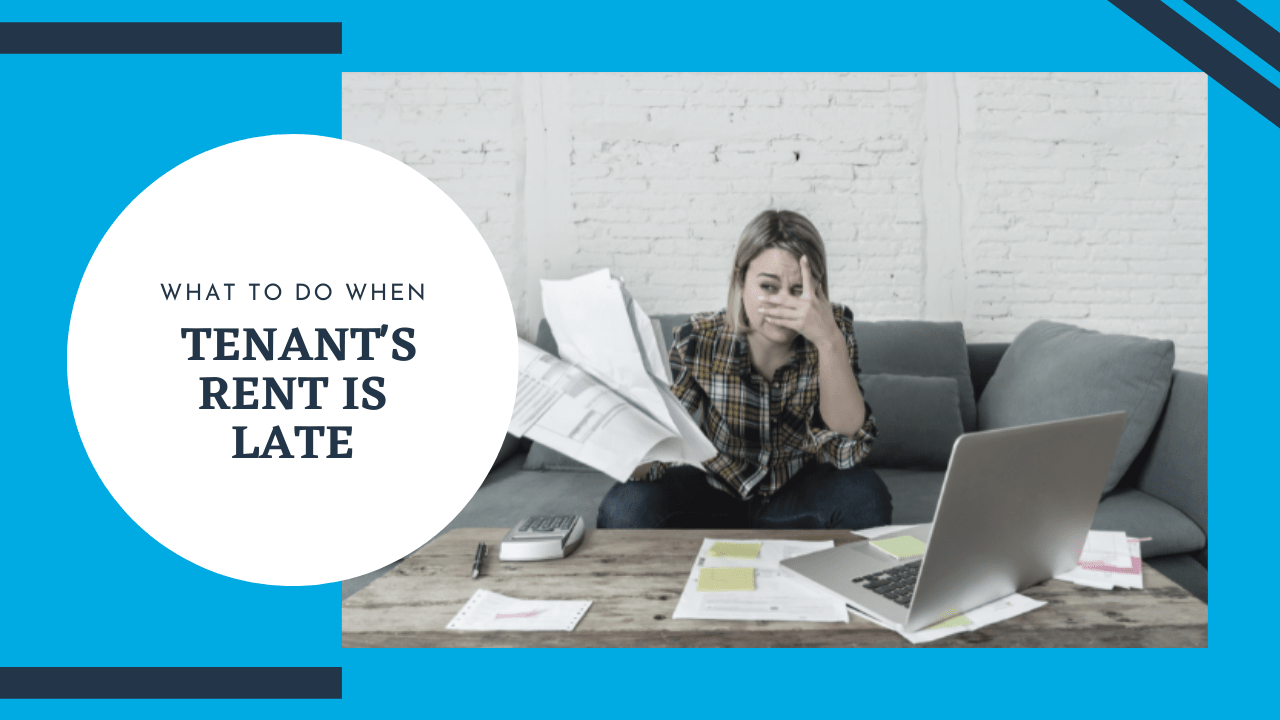
Typically, when a tenant does not pay rent on time, you send them a notice and move towards eviction until they become current with what they owe. As the COVID-19 pandemic continues to limit what landlords can and cannot do in terms of eviction, you will need to be more accommodating and creative when it comes to collecting overdue rent from your residents.
We’re talking about what you should do when the rent isn’t paid under normal circumstances. Until the eviction ban is lifted, we recommend you talk with your tenants about what they can afford to pay. This will help you get some income and it will help your tenants who don’t want to fall too far behind in what they owe.
The eviction moratorium does not mean their debt is forgiven; they’ll still be accountable for any rent that isn’t paid.
Check Your Lease and Talk to Your Tenants
Your lease agreement should include everything that pertains to your rent collection policy. Make sure it includes the following:
- The rental due date.
- The amount of rent that’s due.
- How rent should be paid.
- The consequences of late rent.
Check for a grace period. You don’t want to take drastic steps on the second of the month if your lease gives tenants five days after the first of the month before rent is really considered late.
If rent is missing after the grace period has come and gone, check in with your tenants. Give them a call or send a text or an email. Simply remind them that rent has not been paid and it’s officially overdue. Ask when you can expect it. There’s always the possibility that there was a simple oversight, and it’s possible the residents will catch up right away. Or, they’ll request more time to pay.
Working Out a Payment Arrangement
Perhaps your tenants have hit a temporary financial difficulty but they expect to be back on track in a few weeks. They might ask for more time to pay. Or, they might want to pay half now and half next month. If your tenants are having difficulties but they’re willing to work with you, consider being flexible. This will encourage tenant retention and lead to the best possible outcome for you and your tenants.
Always put a detailed contract together in writing. The payment arrangement will state the terms you agreed upon. It holds the tenants accountable and gives you the option to pursue an eviction if the agreement is breached.
Moving Forward with an Eviction
 If you cannot get in touch with your tenants or they do not pay the rent when they said they’d pay it, you need to start the eviction process as soon as it’s available to you. This process begins with a Three Day Notice to Pay or Quit. This gives the tenant a formal notice that they have three days to catch up with the rent or leave the property. The three days are business or court days, so weekends and holidays are not included.
If you cannot get in touch with your tenants or they do not pay the rent when they said they’d pay it, you need to start the eviction process as soon as it’s available to you. This process begins with a Three Day Notice to Pay or Quit. This gives the tenant a formal notice that they have three days to catch up with the rent or leave the property. The three days are business or court days, so weekends and holidays are not included.
After the three days have come and gone, you should have your rent. If you don’t, you’ll need to file for an unlawful detainer, at which point we recommend you seek legal counsel or the help of a qualified Chula Vista property management company. We’d be happy to support you if rent isn’t coming in. Please contact our team at Encore Realty.
